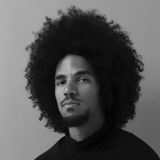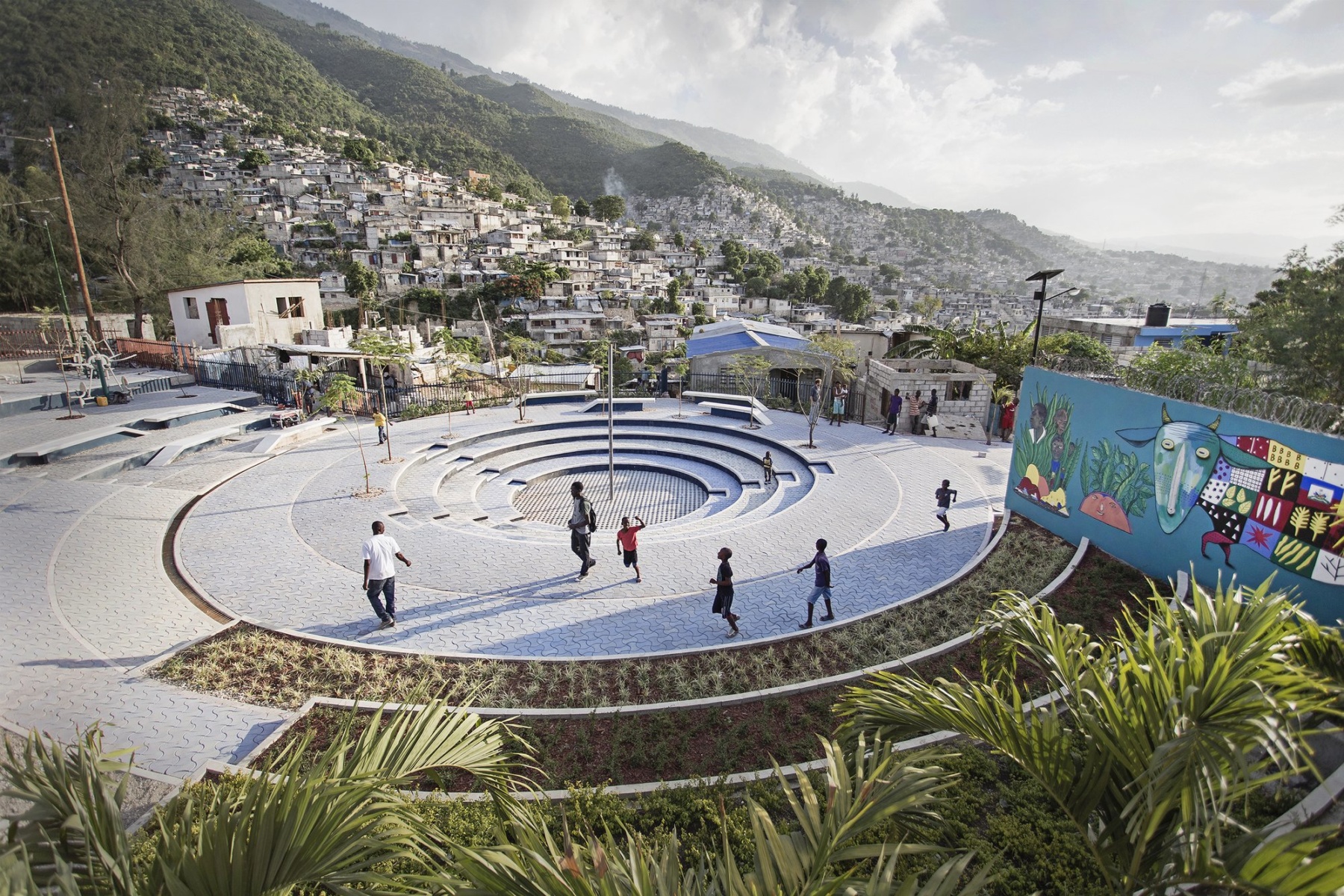Today in The Netherlands, Amsterdam, Rotterdam and The Hague have officially achieved the status of ‘super-diverse city’. In these cities in particular, the awareness is growing that radical changes are necessary in order to achieve a fair, safe and healthy living environment for everyone. Key issues here are affordability, accessibility and equal opportunities. These issues revolve around (digital) products, (public) services, employment, education and healthcare, the housing market, as well as shaping the neighbourhood, village, and city in a more general sense. In the context of Designing Cities for All, last week we took a deep dive in ‘Design’. Today in part 2, we are going to analyse the concept of ‘Cities’. What is a city? What kind of cities do we need today? And how can we create those?





Indy Johar (London) is the Co-founder and Executive Director of Dark Matter Labs – a multidisciplinary design team working with partners, clients, and collaborators across the world to develop new working methods for system change. From policy and regulation to finance and data, governance and organisational culture, identity and democratic participation – this is all Dark Matter: the invisible structures responsible for producing the majority of the built objects around us. If we want to focus on the great transitions our societies need to respond to the technological revolution and climate breakdown we face, we need to look at our cities differently.
Architect and urbanist Wouter Pocornie (Amsterdam) is currently focusing on projects and ventures in Amsterdam and New York City and researching themes like gentrification, community building, art, and semiotics/pattern language in architecture and media. He is interested in – and familiar with – volunteer work focusing on (migrant) youth, preferably with programming in education and sports. He is one of the co-founders of Bijlmer Believers 3.0, which is committed to strategic change in the Southeast part of Amsterdam, where he is working together with policymakers, designers, and people living in the neighbourhoods.
Michelle Provoost (Rotterdam) is an architectural historian who specialises in historic preservation, urban planning history and theory, postwar architecture, and contemporary urban development. She the co-founder of Crimson Architectural Historians, which has been engaged in a large number of research and design projects in the fields of urban planning, architecture, and art. Together with ZUS, they initiated The Independent School for the City – a brand new one-year international education program for post-graduate students in the field of design, planning, sociology, and history – where they are combining a critical, activist approach to the city with affecting real change through architectural and planning projects.
Simon Caspersen (Copenhagen) is the co-founder and Communications Director of SPACE10 – IKEA’s global research and design lab on a mission to create a better everyday life for people and the planet. Recently, they teamed up with publishing house gestalten to gather world-leading architects, designers, researchers, entrepreneurs, city planners and community leaders in a new book that explores a better way forward for our shared home: the city. Cities that boost our quality of life, ensure more fulfilling ways of living together and provide more opportunities for a bigger range of people. The Ideal City unfolds projects from 53 different cities in 30 different countries – from ideas for innovative food and energy production to schemes for diverse and inclusive housing and mobility.

© EVAStudio / Gianluca Stefani (p.190 The Ideal City)
Gabriella Gómez-Mont (Mexico City / Amsterdam) is the founder and former director of the award-winning Laboratorio para la Ciudad (2013-2018). In her work, she finds ways to create a very sophisticated and multi-layered scaffolding of participation where political imagination has its place but also gives space for citizens to imagine their cities of the future. She is now in the process of launching Experimentalista; a novel type of creative studio specialised in cities, public imagination, and system change.

With code DCFA2122 you get a 10% discount on The Ideal City at Athenaeum Bookstore. Use this link to be referred to the shop.

Issuu - In 2021, Pakhuis de Zwijger's extensive activity programme will commence with the support of the Creative Industries Fund NL. In the context of the super-diverse city, how can designers contribute to the creation of inclusive cities for, and by everyone? ‘Cities of Belonging’, as we would call them, cities in which everyone feels and is allowed to feel at home. Not only in a spatial sense but also with regard to the digital domain and relating to the design of our public systems, services, and products. >>

Dark Matter Labs - Cities are the sites where complex systems knot together — including property rights, food systems, logistics, financial systems, water systems, human development institutions, schools, universities, etc. >>

NDSM X - Wouter Pocornie onderzoekt projecten met een sociale en creatieve context, wereldwijd met een focus op New York, maar ook Amsterdam en specifiek Amsterdam-Zuidoost, het stadsdeel waar hij zelf vandaan komt. Daarnaast is hij manager sociëteit bij Prospect Eleven, een recent geopende broedplaats en showcase plek voor creatief ondernemerschap in Zuidoost. >>






